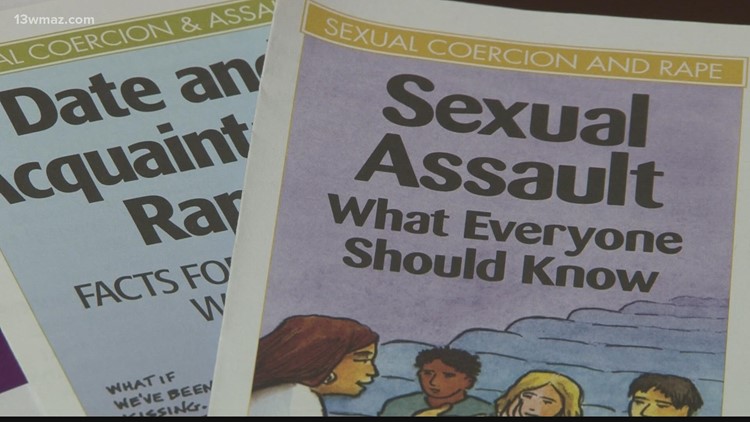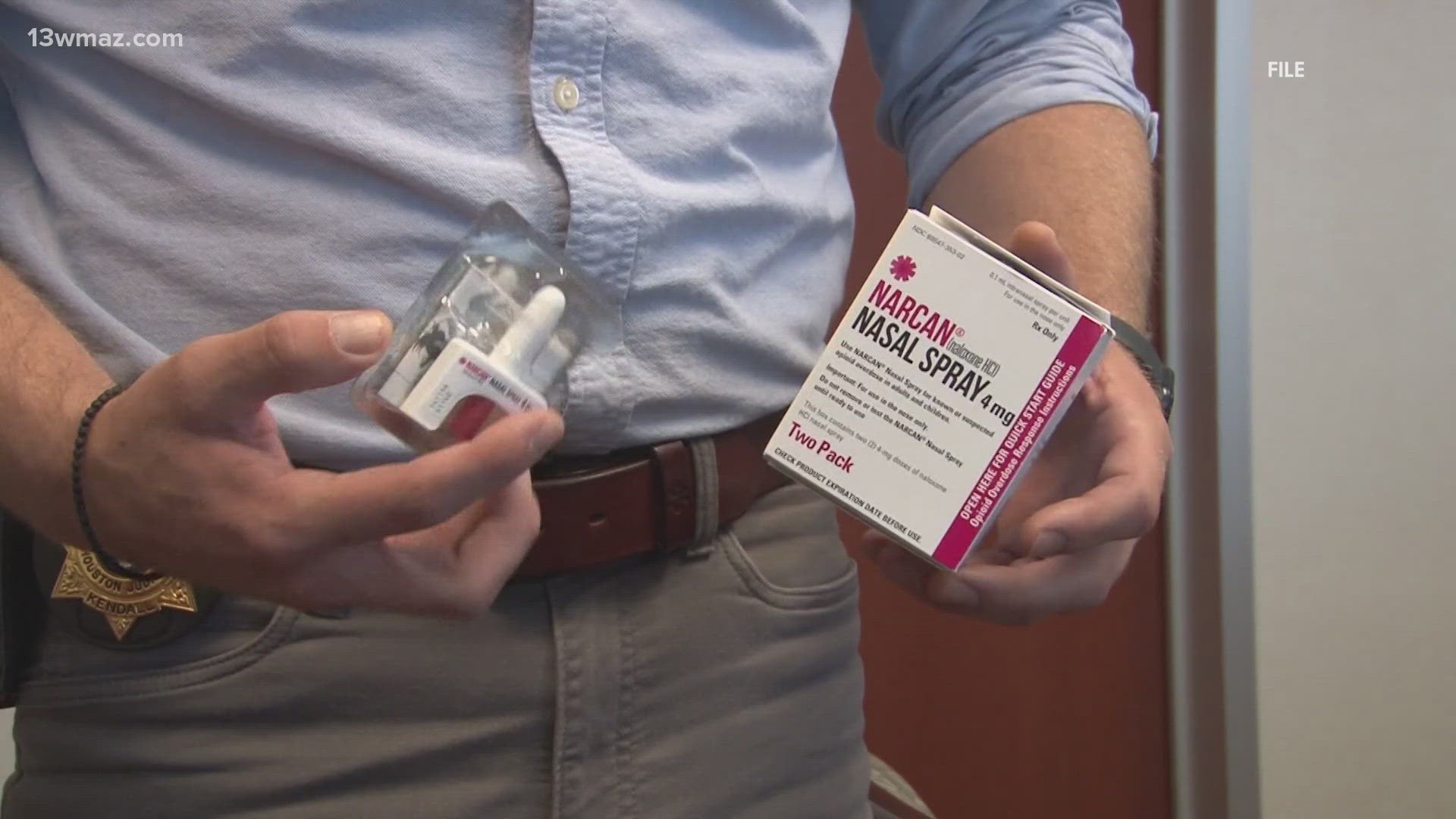MACON, Ga. — Investigators made arrests Tuesday evening in the death of 49-year-old Cynthia Berry. She was found Monday dead in her home on Winchester Place in Macon.
A release from the Bibb County Sheriff's Office says she was strangled. Now, Berry's ex-boyfriend Joey Fournier faces murder charges in the case.
According to Bibb County court records, five months before she was killed, Berry told a judge her ex-boyfriend choked her, grabbed her arm, and threatened to break it.
Last year, Berry fought for a protective order against him, and a judge issued one for 12 months.
Cynthia Berry's daughter Breanna told 13WMAZ Monday her mother lived alone after moving out of her Candlewick Court home less than a year ago.
"You see this all the time in Macon and Warner Robins -- people die all the time and we just kind of move on with our day. It really is different when it actually happens to you," Berry said.
Jamie Bormann is the Deputy Director of Crisis Line & Safe House. The nonprofit supports victims of family violence and sexual assault.
Bormann says it's important to know that protective orders can be effective if the abusive party abides them. She says moving is just one tool survivors can use to escape their abuser.
"Other survivors may seek out a different residence, they may work with their faith community to find safety," Bormann said.
However, Bormann says it often takes a combination of steps to get survivors to safety.
"It may be that it is the protective order and safe shelter, or that it's the protective order and getting access to transportation assistance to leave town. It may not be a protective order at all," Bormann said.
Bormann listed three different types of protective orders a victim can get: one for family violence, one for stalking, or one for dating violence.
They have provisions in them like requiring a person to stay 150 yards away from the victim, and banning communication.
Even though the protective order may not be followed, Bormann says it's important to remember, "Someone who has been a victim of domestic violence, this is not their fault. They didn't choose to be abused. They didn't choose to be in this situation."
Bormann encourages people experiencing violence to find the strength to reach out, and know there are support systems locally.
"We are able to house women, men, and children who have experienced domestic violence in our shelter. If we are at capacity we can work with our sister organizations across Georgia," Bormann said.
Bormann says no domestic violence case is the same. She says one of the most important things survivors of domestic violence can do is reach out to their support systems so they do not feel alone.
If you are someone who is dealing with domestic violence, the Crisis Line & Safe House has a 24-hour hotline. That number is (478) 745-9292.



